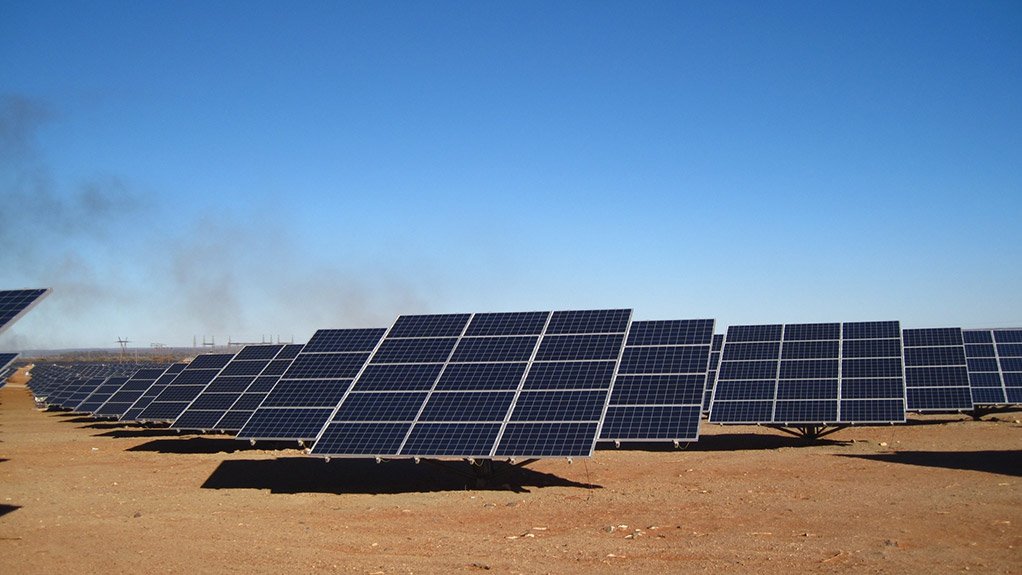South Africa’s successful Renewable Energy Independent Power Producer Procurement Programme (REIPPPP) has not only brought in hundreds of billions of rands in economic infrastructure investment but has also seemingly become the fulcrum of the country’s proposed ‘green economy’ development.
In total, 92 renewables projects, with a nominal capacity of 6 243 MW, had been procured since the announcement of the first REIPPPP preferred bidders in late 2011.
These projects had, in turn, resulted in R168-billion in economic infrastructure spend in South Africa, which bolstered the country’s stalled economy, said Department of Trade and Industry (DTI) Investment Promotion and Inter Departmental Clearing House green economy director Annelize van der Merwe.
With the fifth window due in the second quarter of 2016, Energy Minister Tina Joemat-Pettersson this week also gazetted new Ministerial determinations for the procurement of an additional 6 300 MW in energy capacity from IPPs in future bid windows.
Speaking at the DTI-hosted Green Economy Stakeholder Engagement, held in Sandton, on Thursday, Van der Merwe said this was in addition to the expansion of the fourth bid window by another 1 800 MW.
South Africa’s renewable-energy programme, which gradually saw an increase in localisation requirements over each bidding round, had created the beginnings of an industrialisation push, as it bolstered South Africa’s renewable-energy component manufacturing sector, besides others, said National Business Initiative CEO Joanne Yawitch.
Further, Van der Merwe pointed out that South Africa currently ranked third, behind China and Brazil, for investments in clean energy, with increasing interest being shown by investors keen to enter the sector.
Excluding the REIPPPP, R27-billion of the DTI’s R60-billion investment pipeline for 2013/14 had emerged from green economy projects.
There was a “buzz” around the “green revolution”, which DTI Industrial Development division green industry director Ntombifuthi Ntuli noted was already under way as the country saw the green economy shift from the outskirts to mainstream political discourse.
It was increasingly economically viable to embrace the green economy, with South Africa’s government developing various policies and strategies to promote the transition.
The government had put its weight behind energy, said Yawitch, adding that, for the green economy to fully take off and become an integral part of the mainstream economy, it would require government’s full backing as it had done with renewable energy.
Ample opportunities had, for instance, emerged in the waste and water sectors. South African generated 108-million tons of waste a year with 98-million tons heading to landfills and only around 10% recycled, while there were reports of around 60-million waste tyres in the country each year, growing by 11-million each year, with less than 20% recycled.
EMAIL THIS ARTICLE SAVE THIS ARTICLE
To subscribe email subscriptions@creamermedia.co.za or click here
To advertise email advertising@creamermedia.co.za or click here











